
Venice International Film Festival 2024
The 2024 Venice International Film Festival wrapped up its 81st edition last week, running from August 28 to September 7. The festival opened with Beetlejuice Beetlejuice, directed by none other than Tim Burton. The long-awaited sequel arrived 36 years after the original Beetlejuice (1988), and while the film generated excitement, the festival itself will likely be remembered for something else entirely—the scorching heat that made this edition one of the hottest in history. The first week was a sweaty affair, with journalists, festival-goers, and guests all sweltering in the relentless heat that beat down on the Lido.
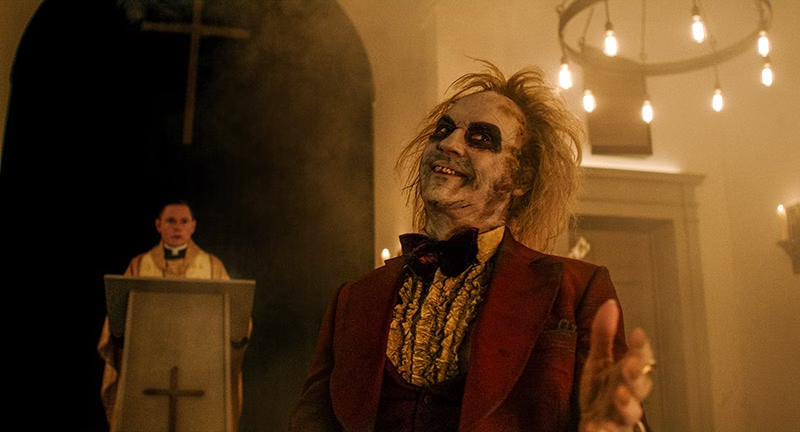
Despite the oppressive weather, complaints about the generally lengthy run-times were minimal, as many attendees were eager to escape into the cool, air-conditioned cinemas. Just kidding! Some directors’ attempts to stretch their films in the name of artistic vision didn’t always land well with audiences. That said, one notable exception was The Brutalist byBrady Corbet, which wowed many viewers despite its 3.5-hour runtime. Its Silver Lion win came as no surprise to those who appreciated its bold narrative and stunning cinematography.
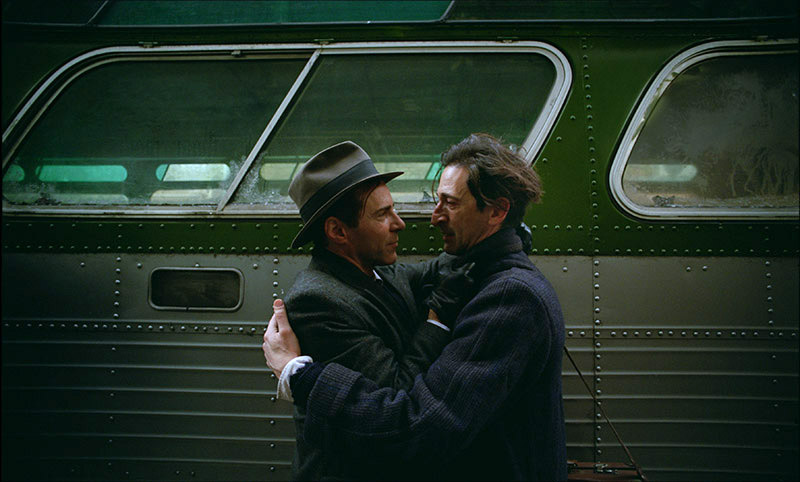
In sharp contrast to the heavy gravitas of The Brutalist, Luis Ortega’s Kill the Jockey offered a refreshing dose of whimsy and absurdity. The film follows a self-destructive jockey indebted to the Argentinian mafia after accidentally killing one of their prized horses. What begins as deadpan absurdism soon spirals into a chaotic manhunt as the jockey hits rock bottom and begins the process of reconstructing his shattered identity. The film is unpredictable, capturing the jockey’s descent and eventual rise as he pieces himself back together. Madness, drugs, horses, and violence intertwine in a film that defies easy categorization, resisting any attempt to pin it down or label it, reminiscent of Wes Anderson’s quirky world-building but with a grittier, darker twist.
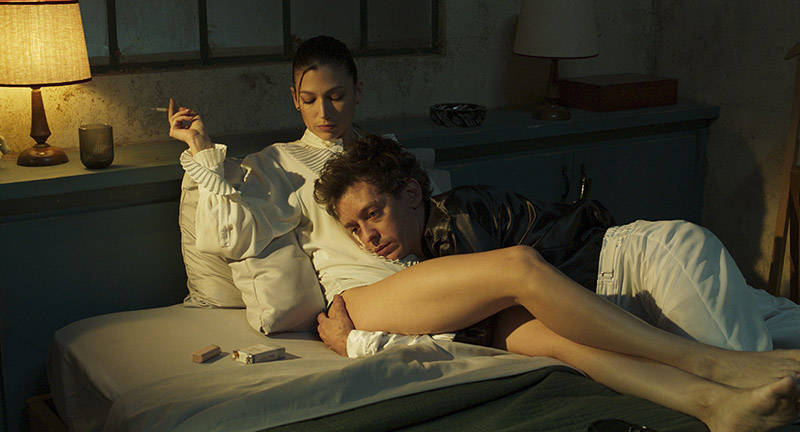
One of the true surprises at the festival for me was Sarah Friedland’s feature debut Familiar Touch. This deeply touching film completely mesmerized me with its sensitivity, beauty, authenticity, and humor. It tells the coming-of-(old)-age story of a senior woman with dementia, who finds herself being dropped off by her son in an assisted living facility she’s told she chose herself. The film delicately explores her attempts to maintain her humanity and individuality in a new environment that often strips the elderly of both. Without moralizing, the film subtly raises questions about how society treats people in their final stages of life. The film took home three awards (Orizzonti Best Director, Orrizonti Best Actress, Lion of the Future Award) and they were absolutely well deserved.
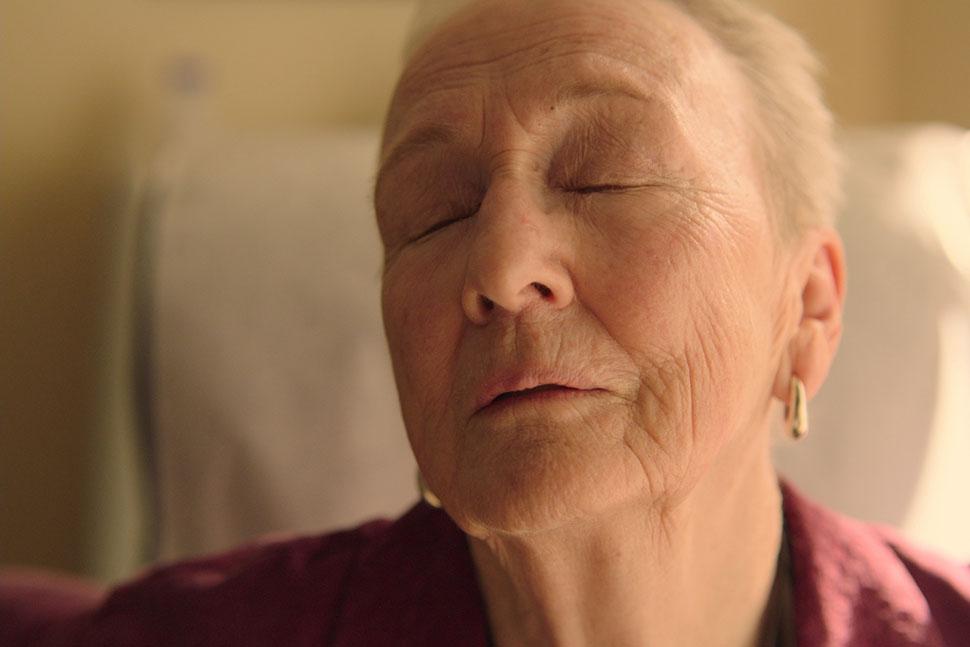
One film that had everyone buzzing was Halina Reijn’s erotic thriller Babygirl. This «sexploration» odyssey seduced viewers with its bold performances, earning Nicole Kidman the Volpi Cup for Best Actress. Though it drew some criticism for its unnecessarily prolonged runtime, Babygirl remained an engaging and provocative watch. Nicole Kidman delivered a striking performance as a powerful, conflicted woman, a character that stood out in a genre often teetering on cliché. In the film, she portrays a CEO, wife, mother, and lover, struggling to balance her responsibilities with the intensity of her own desires. As her attraction to her younger intern deepens, she finds herself entangled in a dangerous web of temptation and power, embarking on a seductive game that unravels her carefully constructed life. The film explores the complex interplay between desire, shame, and power in an unapologetic manner.

Though the films were the main event, one of the more controversial developments this year was Venice’s endorsement of TV series in the festival lineup. Alfonso Cuarón’s series Disclaimer stole the hearts of many, and a total of four series were shown in full. While the presence of TV series signals a shift in the film landscape; however, some cinephiles, myself included, were frustrated by the valuable slots they occupied, time that could have been reserved for cinematic works that demand the big screen experience.
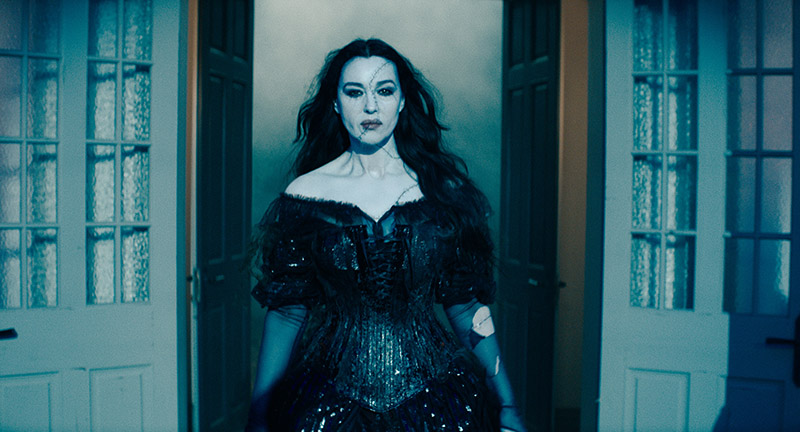
The 2024 Venice Film Festival has come to a close, but the conversations it sparked and the films it showcased are only just beginning their journeys to captivate audiences worldwide.
Maja Anhel Vuk